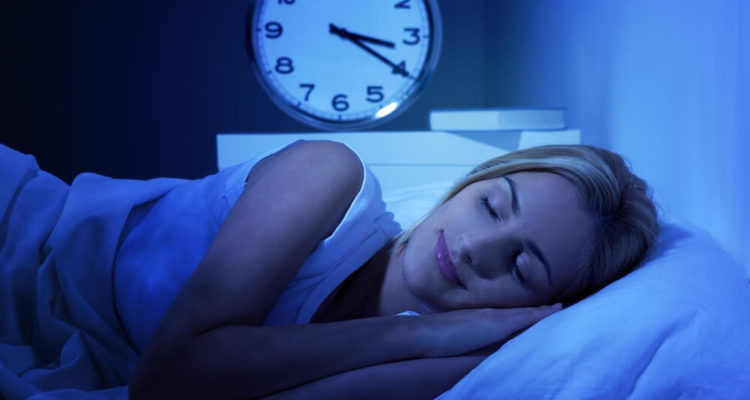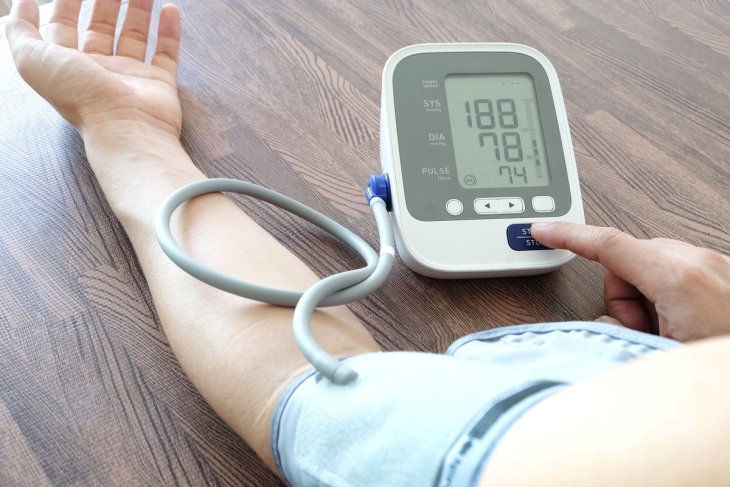
Сон дозволяє вашому тілу і розуму перезарядитися, залишаючи вас бадьорим і бадьорим, коли ви прокидаєтеся. Здоровий сон гарантує, що ваше тіло буде здоровим і зможе захистити себе від хвороб, а без нього ваш мозок не зможе нормально працювати.
Недолік сну може викликати ряд проблем, від дисбалансу настрою до набагато більш серйозних захворювань. Регулярні безсонні ночі можуть поставити вас під загрозу багатьох серйозних захворювань, включаючи ожиріння, хвороби серця та діабет.
Лікарі пов’язують поганий сон зі скороченням тривалості життя.
За даними NHS (Національна служба охорони Здоров’я Великобританії), дітям потрібна наступна кількість сну залежно від їх віку:
- Немовлята від 4 до 12 місяців – від 12 до 16 годин
- Малюки від 1 до 2 років – від 11 до 14 годин
- Діти від 3 до 5 років – від 10 до 13 годин
- Діти від 6 до 12 років – від 9 до 12 годин
- Підлітки від 13 до 18 років – від 8 до 10 годин
Центри з контролю і профілактики захворювань припускають, що дорослим також необхідно різну кількість сну в залежності від віку. Для людей у віці від 18 до 60 років CDC рекомендує дорослим спати сім або більше годин на добу.
Людям у віці від 61 до 64 років рекомендується спати від семи до дев’яти годин щоночі. Людям у віці 65 років і старше рекомендується спати від семи до восьми годин на добу.
Поради, як добре виспатися
- Постарайтеся вести регулярний розпорядок дня з регулярним часом сну
- Знайдіть час, щоб розслабитися перед сном за допомогою заспокійливих дій, таких як тепла ванна, розслаблюючі вправи або читання книги
- Уникайте смартфонів та інших електронних пристроїв, які можуть негативно вплинути на вашу здатність спати спокійно
- Переконайтеся, що у вашій спальні створена розслаблююча обстановка – в ідеалі переконайтеся, що в ній темно, тихо, акуратно і температура від 18 ° C до 24 ° C
- Слідкуйте за споживанням кофеїну і, якщо необхідно, зменшіть його, особливо протягом дня


 4257
4257





